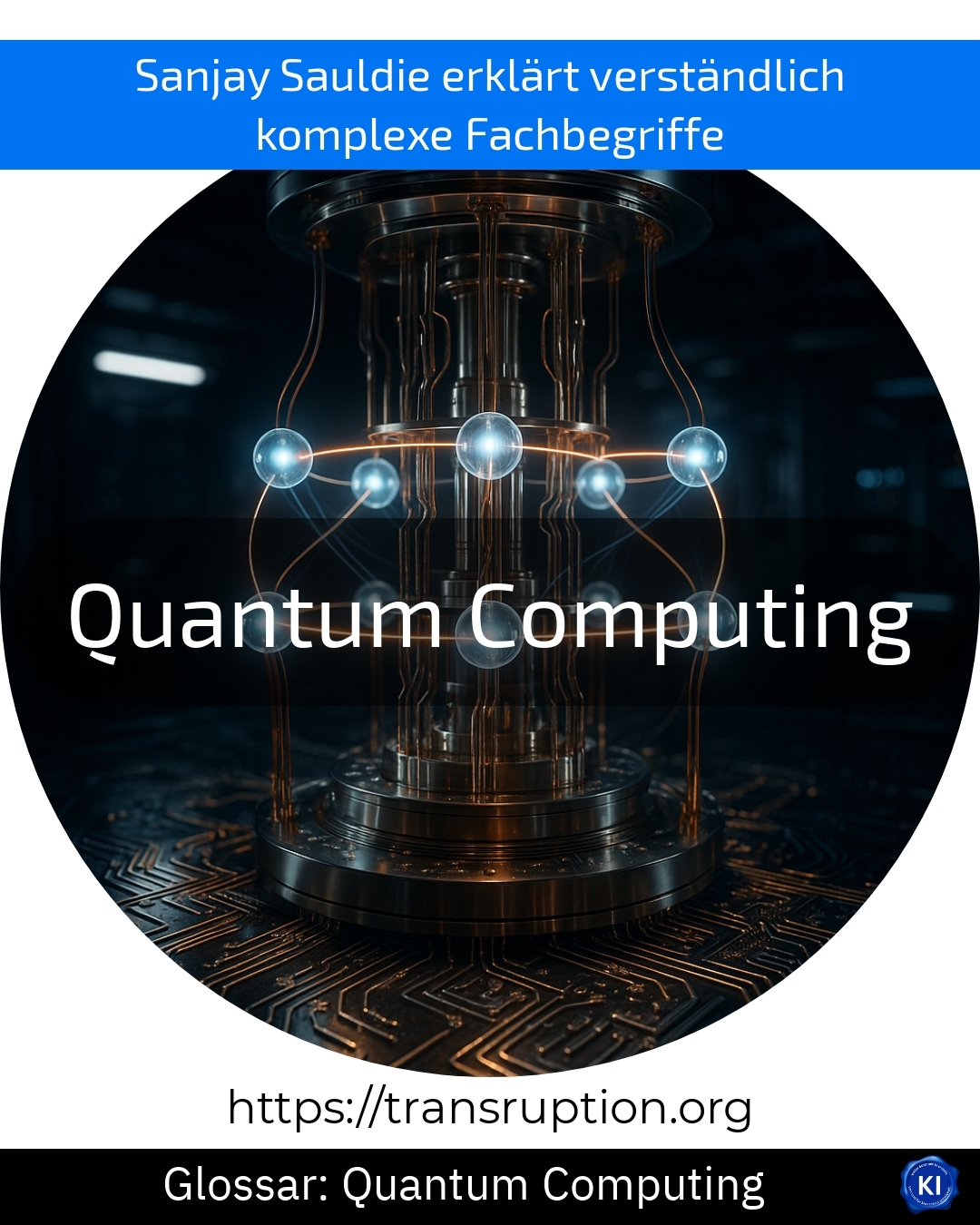Quantum computing is particularly at home in the fields of artificial intelligence, digital transformation, big data and smart data. This term describes a completely new type of computer technology that is based on the rules of quantum physics. In contrast to conventional computers, which work with so-called bits (each bit is either 0 or 1), quantum computers use so-called qubits. A qubit can be both 0 and 1 at the same time, which can greatly speed up many computing processes.
Imagine you have a huge labyrinth and need to find the quickest way out. A classic computer goes through all the paths one after the other. Quantum computing, on the other hand, can test many paths simultaneously and thus find a solution much faster.
In the future, this technology will be needed above all where very large amounts of data need to be analysed at lightning speed - for example in the healthcare sector for drug development, in the financial sector for risk analyses or for optimising supply chains in companies. Quantum computing is still in the development phase, but has the potential to radically change digitalisation and open up new opportunities for business, science and society.















